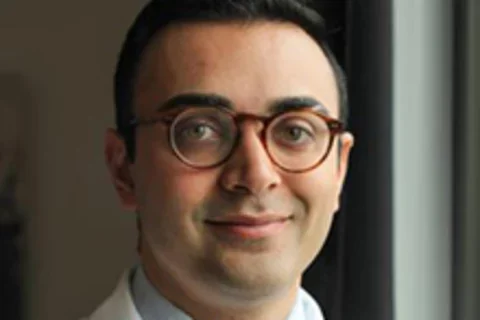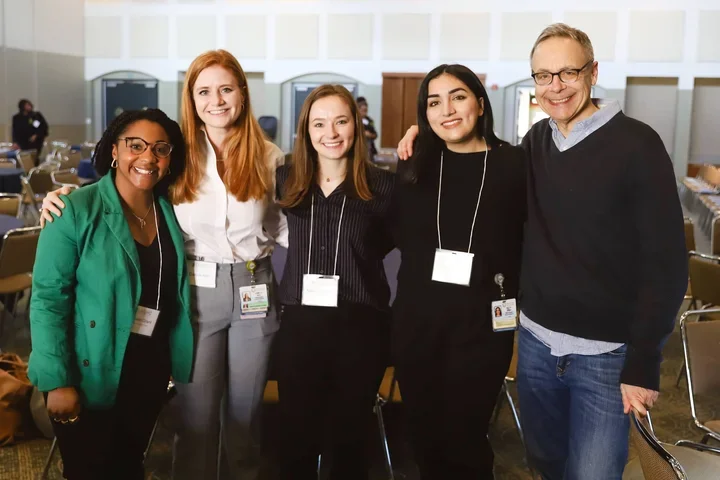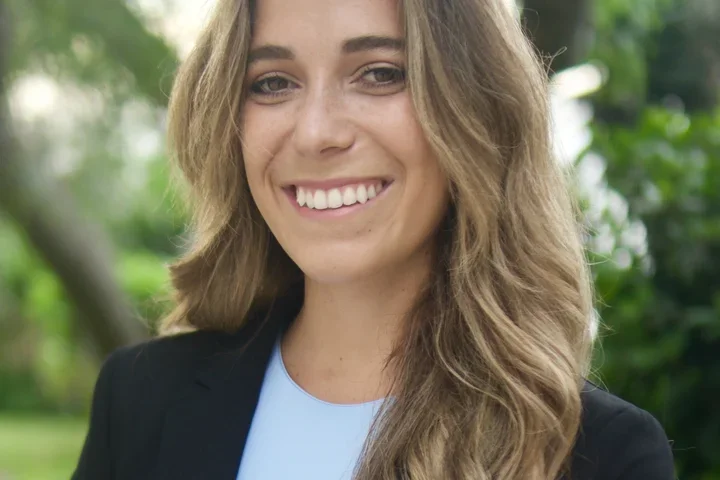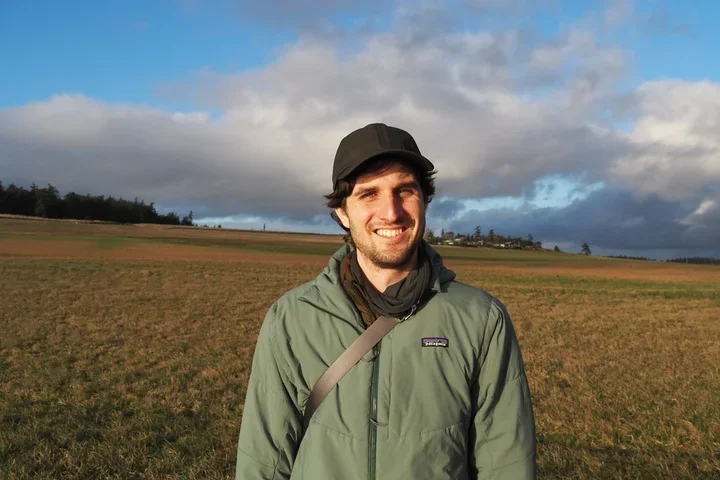Alumnus Dr. Abraar Karan '16
Advocating for health equity during a pandemic

He recently completed a residency with the Doris and Howard Hiatt Residency in Global Health Equity and Internal Medicine at the Brigham and Women's Hospital and at Harvard Medical School. Dr. Karan has also pursued advanced global health training since graduating from DGSOM, recently earning both a Master’s in Public Health and a Diploma in Tropical Medicine and Hygiene. During the COVID-19 pandemic, Dr. Karan has been active in engaging with the media on a variety of topics related to health equity. He recently served as a judge at UCLA’s inaugural Global Health Case Competition. GHP caught up with Dr. Karan to learn more about his local and global health justice activities.
GHP: You participated in many global health activities while at DGSOM, from summer research in Mozambique to a clinical rotation in Thailand. Which of your global health experiences, either at DGSOM or elsewhere, has had the greatest impact on you either personally or professionally, and why?
Dr. Karan: I am particularly fond of my time working with UCLA pediatric surgeon Dr. Dan DeUgarte in Mozambique. I was able to work at the CDC branch there and participated in a research study on pediatric burns with Dr. Pio Vitorino, who was a medical student in Mozambique at the time. Collaborating on this project really shaped my approach to global health. I found that the surgical partnership that Dr. DeUgarte was leading at the time to be both sustainable and impactful, exemplifying what we can do when striving for equitable collaborations.
GHP: Congrats on being selected as a 40 under 40 Leaders in Minority Health awardee in 2020, which recognizes individuals doing innovative work to address health disparities. Tell us about one of your most impactful health equity achievements.
Dr. Karan: I would probably say that my current efforts to bring neocolonialism into the dialogue in terms of ‘how’ we practice global health has been the most meaningful. I had the chance to speak on this topic to many different audiences, from high school students to global health students studying medicine. I have been reflecting deeply through these conversations on how we approach equity in the field. How we think about it is, to me, almost as important as what we do.
GHP: You’ve had an exciting career in global health advocacy and an impressive presence in the media, recently sharing your expertise on COVID-19! Can you describe how you got involved in writing opinion pieces and engaging with the media? What advice can you give to others who are interested in advocating for health justice?
Dr. Karan: I’ve been writing since college, and was the editor of two journals. I have always valued writing for the press, even before COVID, and so when the pandemic hit and there was a renewed focus on public engagement from experts, it was a clear time for me to use my voice to take a leadership role. Writing about medicine for lay audiences is certainly not easy. It takes a long time to perfect this craft like any other. I have had hundreds of submissions rejected over the past 13 years as a writer, so my advice would be not to get discouraged as you’re getting started!
GHP: How has COVID-19 impacted your career trajectory, if at all?
Dr. Karan: I had just finished my Diploma in Tropical Medicine at the London School of Hygiene and Tropical Medicine (LSHTM) when the first COVID-19 cases emerged in Wuhan. I was already focusing on emerging pathogens and the Ebola outbreak in the Democratic Republic of Congo. I spent 2019 working as the editor on the AMA’s Journal of Ethics theme issue on pandemics. I was initially going to skip fellowship altogether and apply to the CDC’s Epidemic Intelligence Service, but my program director at Brigham and Women’s Hospital, Dr. Joel Katz, recommended I think about doing an infectious diseases fellowship first, as it would be a strong foundation upon which to build a career in epidemics. When COVID became a pandemic, it was essentially a reaffirmation of my career interests.
GHP: How serendipitous that you were already focusing on pandemics when COVID became a global concern! What is some of the COVID-related work you’ve done this past year?
Dr. Karan: I worked as a medical fellow to Commissioner Monica Bharel for Massachusetts State COVID-19 response for most of 2020 and absolutely loved the work. I also had a chance to work on policy for the Biden-Harris campaign; as a research consultant to the World Health Organization’s Independent Panel on Pandemic Preparedness and Response; as a research assistant for an undergraduate course on COVID at Harvard; and led a research study examining the risk of COVID-19 transmission in shared hospital rooms.
GHP: You have certainly been busy! We are thrilled to welcome you back to the West Coast, as a clinical infectious diseases fellow in the Department of Infectious Diseases and Geographic Medicine at Stanford University. Tell us about why you chose this program for the next stage in your training.
Dr. Karan: Stanford stood out to me due to shared career interests in pandemics and infectious disease epidemiology. I am quite confident that the faculty will provide me with the mentorship to succeed. I’ll be there for one clinical year, and at least two subsequent research years. I am excited to return to California!
Thank you so much, Dr. Karan, for sharing the highlights of your exciting experiences in advocating for health equity, both locally and globally. To learn more about Dr. Abraar Karan's work, please visit his bio.



